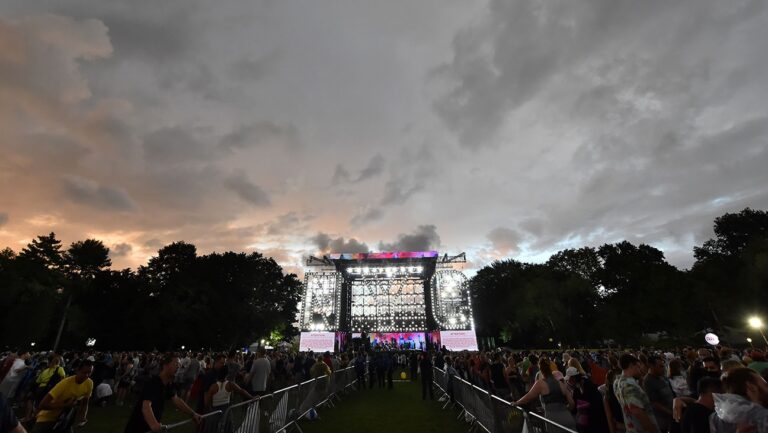Ohio has entered the legal arena against Live Nation, sparking a significant antitrust challenge that could reshape the concert and event industry. This move, spearheaded by Ohio Attorney General Dave Yost, aligns with actions taken by twenty-nine other states and the Department of Justice. The allegations? Engaging in monopolistic practices that compromise ticket availability and market competition. Here’s a deeper dive into the complexities of this case and its implications for consumers and industry stakeholders.
What Are the Core Allegations Against Live Nation?
Live Nation, a giant in event promotions, merged with Ticketmaster in 2010, a union that instantly drew skepticism for its potential to stifle competition. Critics argue that this merger has allowed Live Nation to leverage its dual role as a major venue operator and the premier ticketing service to dominate the market. The main accusation is straightforward: Live Nation’s control over both ticketing and venue promotion creates a scenario where artists and consumers have few alternatives but to go through them, fostering a monopolistic environment.
How Does This Impact New Artists and Venue Operators?
Imagine you’re an up-and-coming music producer. Initially, your act performs in small, intimate venues. However, as your artist gains popularity, perhaps driven by a viral TikTok video, the need for larger venues becomes apparent. Herein lies the problem: Live Nation controls about 60% of major U.S. amphitheaters, with the next largest competitor managing a mere 4%. For major acts or those on the cusp of breaking into larger scenes, the options are limited. Acts may find themselves coerced into exclusive agreements with Live Nation-controlled venues, essentially gatekept by the lack of competitive options.
What Does This Monopoly Mean for the Music Industry?
The essence of the problem with monopolies like the one alleged here is that they stifle competition and innovation. For the music industry, where diversity of venue and creative freedom are crucial, this can be particularly damaging. Artists might be locked into restrictive contracts that limit where they can perform based on who controls the venue, not where they might draw the largest or most enthusiastic crowd. This setup not only affects the artists but also fans who may face higher prices and fewer choices.
Could This Lawsuit Reshape the Concert Industry?
The ongoing lawsuit presents a pivotal opportunity to challenge and potentially dismantle the monopolistic practices allegedly employed by Live Nation. If successful, the lawsuit could lead to significant structural changes within Live Nation, possibly requiring the company to divest certain assets or alter its business practices to enhance competition. Such outcomes could reintroduce competition to the market, lower ticket prices, increase venue options for artists, and ultimately improve the consumer experience at live events.
What Are the Broader Implications of This Legal Challenge?
The broader implications of this challenge to Live Nation’s practices extend beyond concert tickets and venue bookings. They touch on fundamental aspects of antitrust laws in the U.S. This case could serve as a benchmark for future antitrust enforcement in other industries where similar monopolistic tendencies are suspected. It’s a reminder of the importance of regulatory oversight in preventing large conglomerates from wielding too much power over markets and choices.
What Should Consumers and Industry Stakeholders Expect Next?
As this legal battle unfolds, consumers and industry stakeholders should watch for potential changes in ticket pricing, venue availability, and artist freedom. The outcome could set new precedents for how similar cases are handled in the future, making it a significant point of interest for anyone concerned with fair market practices and consumer rights in the entertainment industry.
This antitrust lawsuit against Live Nation is more than just a legal skirmish over business practices; it’s a critical examination of how large corporations influence consumer choice and competition in the marketplace. As Ohio leads the charge with support from nearly thirty other states, the outcome of this case could herald a new era of enforcement and regulation aimed at preserving market integrity and fairness in the music industry and beyond.

